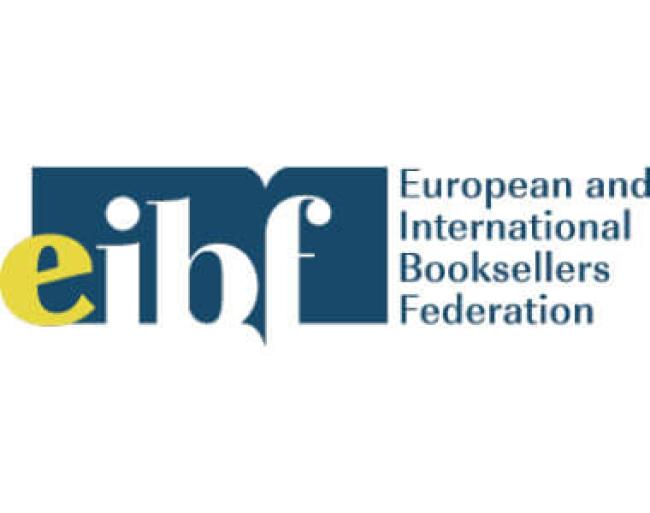
The European and International Booksellers Federation – EIBF – notes with great satisfaction that the negotiations held yesterday between the European Parliament, the European Commission and the Council (trilogue) about the geo-blocking regulation were positive.
The proposal agreed upon yesterday, and tabled by the Estonian Presidency, leaves copyright-protected material, including e-books, out of the scope of the regulation and proposes a review clause of 2 years.
In practice, due to the entry into force and various steps in the process, this means that the review clause will not kick off before the end of 2020 or the spring 2021.
The inclusion of copyright-protected content has been one of the most contentious elements of the proposal, and a source of major concern for the book industry. This is a great day for our organisation as well as for all the other stakeholders of the cultural and creative sector with whom we have worked in close partnership. This second step in the decisional process rewards months of advocacy and confirms that the European Institutions recognize that the e-book market is a nascent one, at least at the present time.
In a market that is still at an early stage of development and whose future is highly unpredictable, booksellers aim to offer their e-books to as many readers as possible. In a context of low cross-border demand and where profitability has yet to be demonstrated, a growing number of booksellers are nevertheless investing in the e-book market.
EIBF co-Presidents Fabian Paagman and Jean-Luc Treutenaere commented: “Booksellers need time to adapt to the nascent and uncertain e-book market and to see some crucial issues sorted out by the European institutions. In a nascent market, the profitability of which still has to be demonstrated, forcing traders to offer e-books across borders at this point in time would, in the end, be detrimental to European consumers: many SMEs could be forced to exit the e-book market and far from opening up the single market to consumers, this would be highly detrimental to cultural diversity and consumer choice in the EU, and only beneficial to major non-European international platforms.”
The text will formally be adopted by the European Parliament and voted by the Council, in the first months of 2018.
The full statement can be downloaded in PDF format in attachment.
| Attachment | Size |
|---|---|
| GEOBLOCKING_ EIBF REJOICES AT THE RESULT OF THE SECOND TRILOGUE_2020-02-19.pdf | 294.1 KB |
